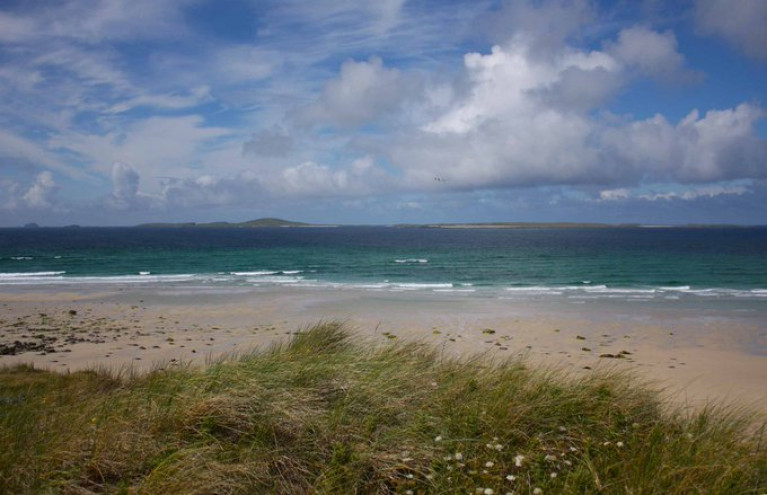Displaying items by tag: Bill Published
Maritime Area Planning Bill 2021 Published Today (16 August)
The Maritime Area Planning Bill 2021 and accompanying Explanatory Memorandum have been published today by the Department of Housing, Local Government and Heritage.
The publication was approved at Cabinet on 29th June 2021 and confirmed by An Taoiseach Michéal Martin TD on 1st July 2021, alongside Ministers Darragh O’Brien TD, Eamon Ryan TD and Peter Burke TD when they launched previously at the Commissioners for Irish Lights Headquarters in Dún Laoghaire Harbour.
This legislation intends to put in place a comprehensive and coherent planning system for the entire Maritime Area. The constituent elements of this system are:
• A forward planning regime for the maritime area;
• A new streamlined development management system for the maritime area incorporating consenting for the occupation of the maritime area (Maritime Area Consents and licencing) and a new planning consenting regime (to be implemented by coastal local authorities and An Bord Pleanála);
• The establishment of a new agency, the Maritime Area Regulatory Authority (MARA) to manage the occupation of the maritime area and to enforce the provisions of the new regime.
Commenting on the Maritime Area Planning Bill, the Minister for Housing, Local Government and Heritage, Darragh O’Brien TD, said: “My Department is leading an extensive marine management reform programme, the likes of which the State has never seen. The Maritime Area Planning Bill, which Cabinet has approved, is further evidence of this Government’s intent to modernise the State’s approach to marine management. It will represent a giant leap forward towards meeting our ambitious climate action goals and targets.”
Minister for the Environment, Climate, Communications and Transport, Eamon Ryan TD, said: “Ireland’s ocean area is home to an amazing array of marine life. Our offshore wind resources represent a real opportunity for us to break free from fossil fuels and reach our ambitious climate goals. My department has been closely involved in the development of this legislation, which will create a streamlined planning and consent regime. We are determined that as we develop our resources, we do so in a way that protects and restores our marine environment and its biodiversity.”





























































